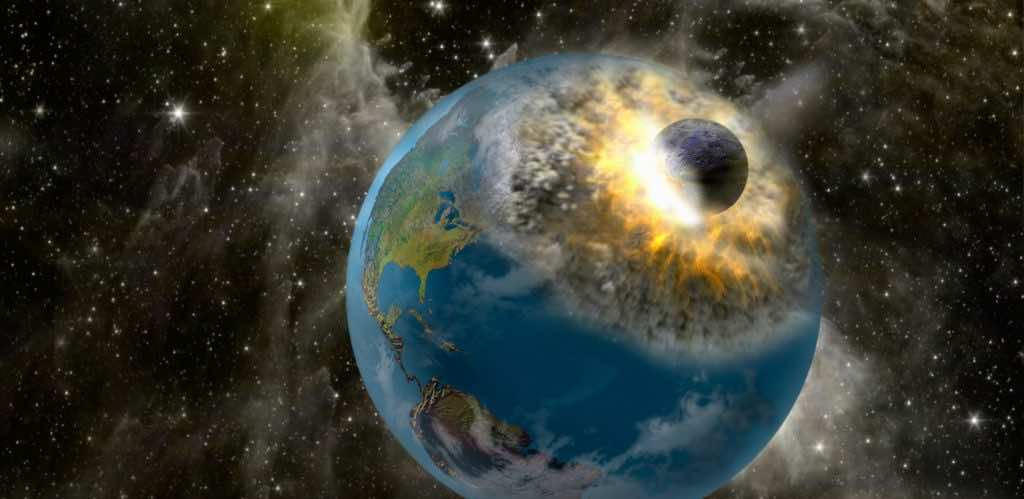The possibility of the Moon colliding with Earth may appear to be science fiction. But, some experts believe a similar occurrence is potentially possible. However, our Lunar companion seems to be in an extraordinarily stable orbit right now, with no catastrophic collisions predicted in the next few billion years.
But what if the Moon – or a similar-sized cosmic entity – collided with our planet? What would be the consequences?
This is precisely the idea of Roland Emmerich’s next disaster film Moonfall, in which the Moon falls out of the sky and crashes to Earth for unknown causes. Unfortunately, Moonfall made only $10 million in its first weekend, despite a $140 million production budget, making it one of the worst movie flops in recent memory.
Such a concept inevitably raises concerns. How did the Moon fall out of orbit? What does this mean for the surrounding? What can be done to put a stop to it? And, most crucially, should we be looking up at our own real-life Moon, swinging our hands, and yelling for it to remain put?
Dr. Tony Cook, a physics lecturer at Aberystwyth University, disagrees. He is convinced that the Moon will not fall out of space if left alone. “The Earth and the Moon are in a state of equilibrium,” he argues. “It’s a balancing point known as the barycenter, and the two bodies revolve around it.”
Meanwhile, a new video from the YouTube channel Kurzgesagt delves into the actual science behind Moonfall. It tackles the issue that has been bugging fans since witnessing the film: Could the Moon collide with Earth, and if so, what would happen?
Though the Moon unexpectedly departing its orbit and falling into Earth would break more scientific principles than anybody could ever understand, the video speculates on what may happen if the Moon continued to approach Earth closer and closer until it crashed.

